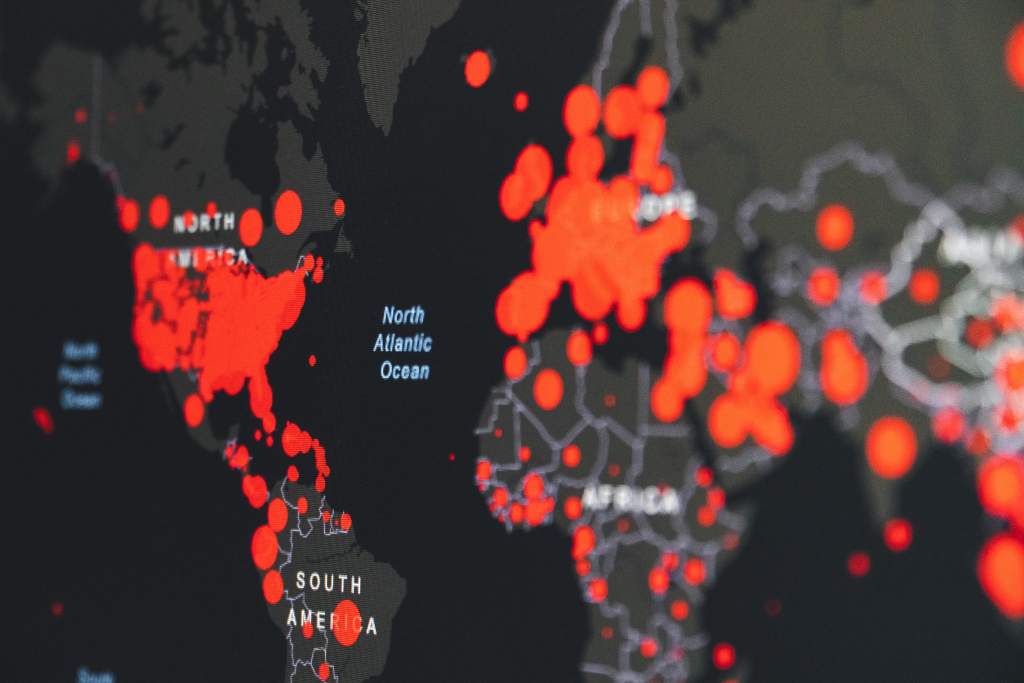
In response to the global health crisis due to coronavirus, EU Member States, with the support of the European Commission have developed an EU toolbox for the use of mobile applications for contact tracing and warning. This toolbox was created in advance of the lifting of the confinement measures in order to act with a common coordinated approach across the EU.
The effectiveness, security, privacy and data protection aspects of digital solutions to address the crisis have been assessed to ensure that they will comply with EU rules. The aim is to interrupt the transmission of the virus by tracing people who have been in contact with an infected person.
The advantage of contact tracing apps is that they can supplement already existing manual contact tracing. They will be quicker to make links between the people who have been in contact with an infected person and will require less work for people working on manual contact tracing. Because of the urgence of the situation we are in, efficiency will be primordial to hope for a loosening of the lockdown measures while protecting citizens. The apps will warn health authorities of infection risks which will be essential to break the transmission chain. Without this method, it will be difficult to imagine a return to normality.
This method however raised concerns among the population as well as politicians. Using this approach to open up our societies again will require safe and compliant digital technologies, otherwise our approach will not be sufficiently efficient. Moreover, citizens should install the tracing apps voluntarily and should not feel forced to share data with public health authorities. Data protection and privacy are still to be protected during the process, no matter the gravity of the situation. Consequently, the apps will be based on Bluetooth proximity technology and will not enable tracking of people’s locations. The apps should therefore also be based on anonymised data and not reveal the identity of the infected person they have been in contact with.
These concerns of contact tracing apps arise as discussions on digitalisation and data protection are already being held at all political levels. Citizens are worried that their privacy and their data would not be safe or that it could be misused if the government had access to it. The process of digitalisation is somewhat unavoidable but it can also have a positive impact on certains aspects of society and can prove to be helpful in times of crisis.
The AER Bureau Taskforce on Digitalisation is in the process of preparing a position paper that will reflect on the challenges that the European Union will face in the new EU Digital Era. AER is aware and acknowledges that digitalisation in EU businesses and society represents enormous growth potential for Europe. Moreover, cities and regions are major enablers of digital transformation in Europe. They enable the collection of local resources as well as the mobilisation of the participation of stakeholders.
However, advancements in the field require access to the internet and a proper device for everyone, especially when it comes to contact tracing. This is costly and time-consuming. The internet will have to remain high-speed with more people using it and the electricity supply will have to be very reliable.
This is an obstacle health authorities will most likely face as well when implementing the contact tracing apps. It is primordial that the necessary tools will be available to the population.
Contact tracing apps will be a key component of the loosening of confinement measures but their implementation and efficiency will present a challenge for the governments and more specifically, the health authorities. Governments will have to reassure the population that their privacy and online security will be safeguarded.
Further readings:
eHealth Network – Mobile applications to support contact tracing in the EU’s fight against COVID-19
Photo by Martin Sanchez on Unsplash
